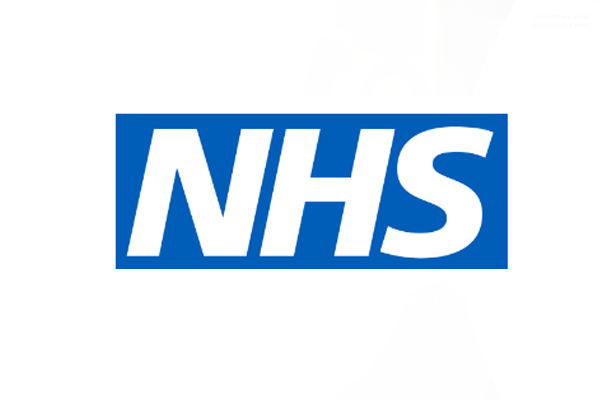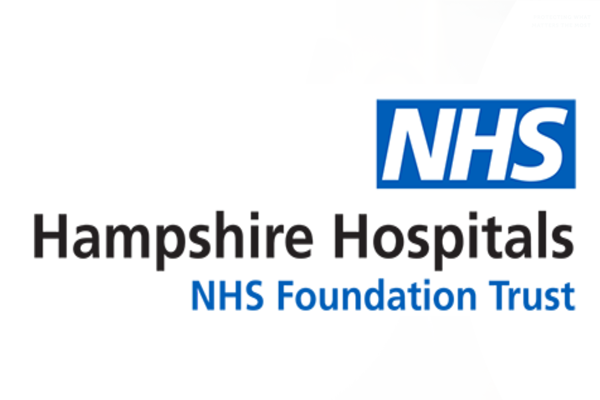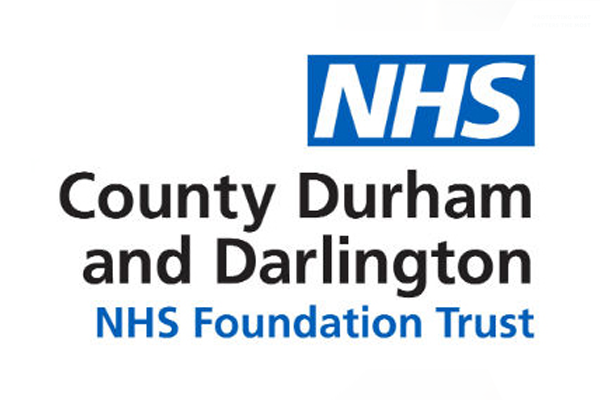
The customer
North West NHS Trust is one of the largest integrated care providers in England, serving a population of more than 600,000 people and offering wider community services to more than 1.2 million.
Their priority is to provide excellent patient care, which is why they looked to transform their traditional paper-based records into a centralised digital system.
With over 890,000 paper-based records stored at five locations with no on-site tracking, each location packed to capacity and records management staff unable to file new records, NW NHS Trust was looking for a partner who could seamlessly manage the transition as cost-effectively as possible without impacting on the quality of patient care at its hospitals and community and outreach services.
Uplifting, consolidating and scanning a high volume of medical records to a specified timescale while also guaranteeing patient data protection and upholding quality of patient care was critical to the transition.
So how would Restore Records Management and Restore Digital tackle the project?
The first part of this large-scale project was to catalogue, consolidate and set up correct management processes and systems. Restore worked on site with the NW NHS Trust records team to deliver the physical solutions, which included
introducing O-Neil’s tracking software system to the Trust’s library, barcoding the racking, and cataloguing and barcoding all files to O’Neil’s to enable tracking and random filing
consolidating the library from five locations into just one. This was enabled by the superior tracking system identifying deceased or old records that could be moved to secure off-site storage facilities, thus freeing up valuable space
This was achieved within six months.
Meanwhile the Restore Digital team put together the specification for the second part of the project – creating electronic patient records. This transformation through digitisation included:
Concluding the physical management solutions for the paper-based records so that the correct files were ready for scanning into a digital format for upload on to an electronic Clinical Document Management System (DMS).
Ensuring each digital medical record is classified and structured to enable easier navigation and retrieval of information required.
Setting up a database that ensures governance and compliance requirements are strictly maintained in line with BS10008.
Managing day forward records by scanning and ingesting them into the DMS.
From the start of the digitisation process in October 2013 to 12 months later, 366,000 patient records had been scanned into the system. Within a further year, file requests for scanning had reduced by 90% to just 200 files a day and, after a full seven years on the project, the status for patient record scanning is now an average of 100 files a day.
A centralised electronic system has given clinicians and medical staff quicker access and transferability of patient information, improving the speed of decision-making.
The coordination of care and support between health providers has improved, giving patients a better experience.
- Staff costs have been reduced with savings reinvested into patient care.
- Real estate has been repurposed for more productive frontline patient care services.
- Data protection has improved with fully auditable databases that are GDPR-compliant.
Case Studies



To find out more, or discuss your needs, why not get in touch? Contact us or give our specialists a call on 0333 222 6390
Contact Us
